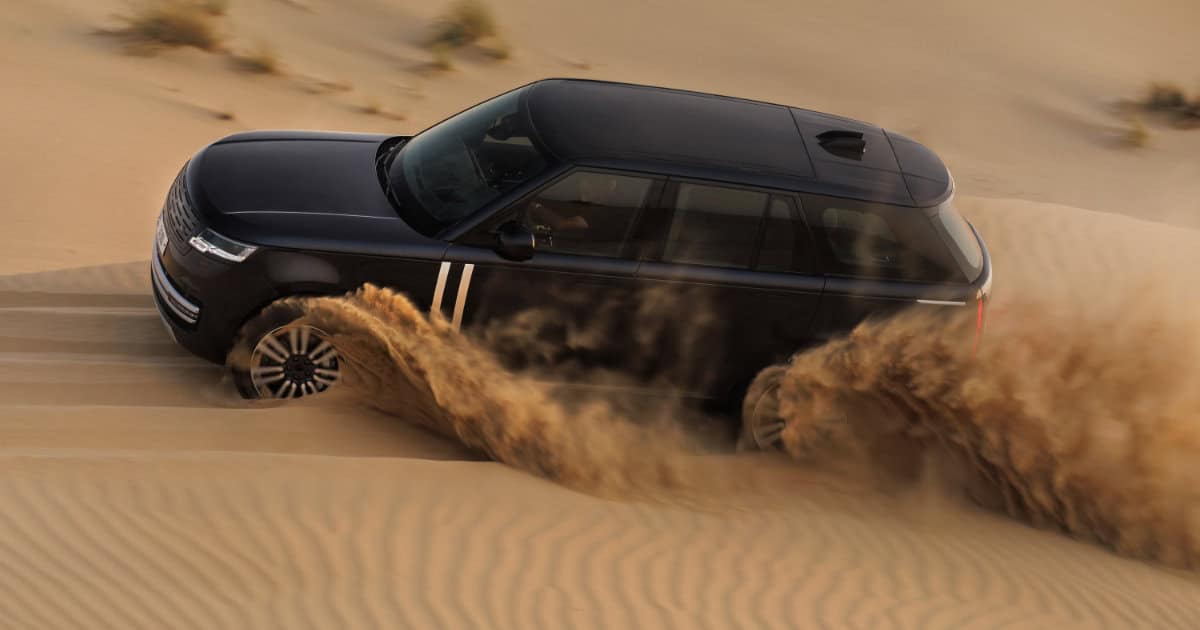Imagine a luxury SUV silently conquering the sand dunes of the UAE or gliding across the frozen lakes of Sweden. That’s not the plot of a futuristic sci-fi movie, but the reality of the Range Rover Electric prototype, which has been subjected to some of the most unforgiving environments on the planet. This beast isn’t just another road-bound electric car, it’s poised to set a new standard for what luxury electric vehicles (EVs) can achieve, blending the iconic rugged Range Rover heritage with cutting-edge electric mobility.
The Testing Ground: Extreme Conditions
The Range Rover Electric isn’t just built, it’s engineered for excellence under extreme conditions. From the blistering heat of the United Arab Emirates, where temperatures can soar to 50 degrees Celsius, to the sub-zero chills of the Arctic Circle, these prototypes have been pushed to their limits. This rigorous testing ensures that the vehicle can handle any terrain, temperature, or weather condition, providing a seamless luxury experience whether you’re in the desert or the snow.
Performance and Innovation
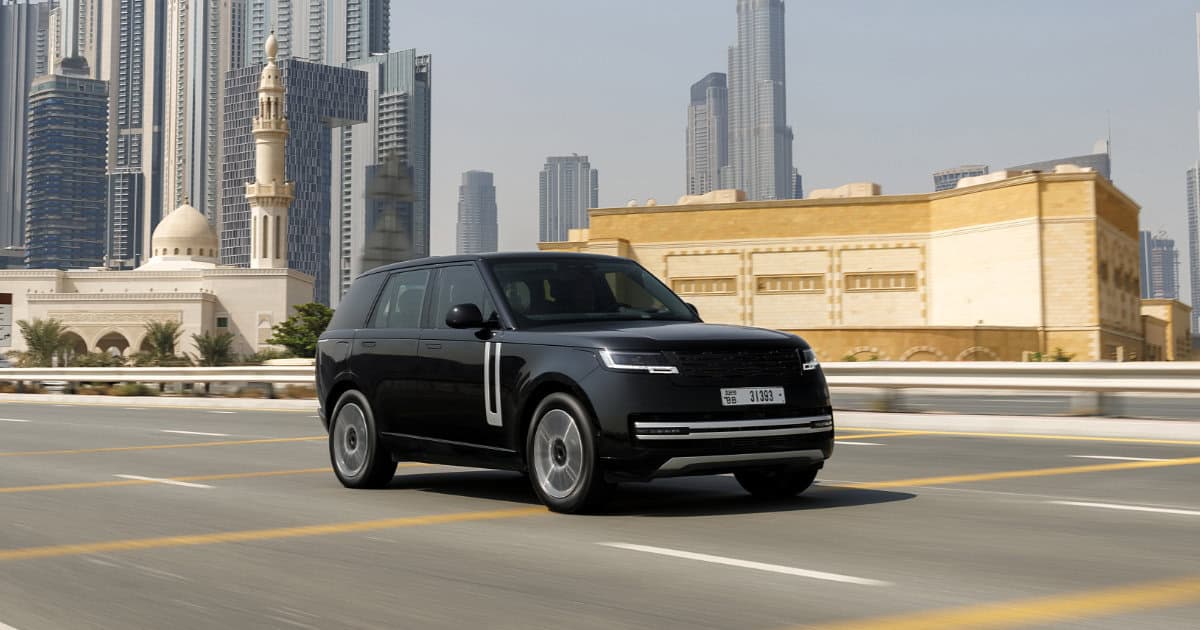
The heart of this electric beast is an in-house developed propulsion system, designed to offer performance comparable to Range Rover’s legendary V8 engines. With a new Intelligent Torque Management system, the EV can distribute power with millisecond precision, offering enhanced traction and control on any surface. The thermal management system, another highlight, keeps the vehicle’s performance optimal even in extreme heat, ensuring that the luxury of silence and comfort is never compromised.
Luxury Meets Efficiency
Range Rover has always been synonymous with luxury, and the electric model continues this legacy. The design stays true to the Range Rover bloodline, with minimal visual changes from its internal combustion engine (ICE) siblings to maintain its iconic aesthetic. However, beneath this familiar exterior, the vehicle boasts the quietest and most refined interior ever, thanks to advanced noise cancellation technology and a focus on electric-driven luxury.
Implications for Electric Mobility
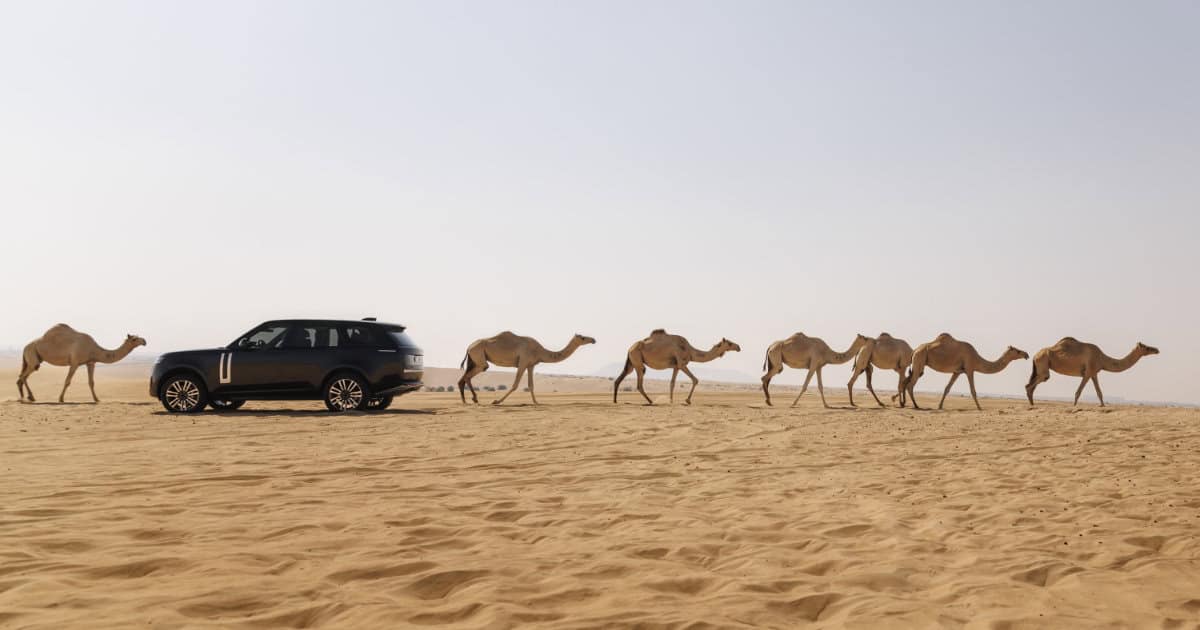
This development is not just about one car, it’s about the future of electric mobility in the luxury segment. The Range Rover Electric could accelerate the transition from fossil fuels to renewable energy sources by demonstrating that electric vehicles can match or even surpass traditional cars in luxury, performance, and capability. This could encourage more high-end buyers to consider EVs, pushing the market further towards sustainability.
Market Impact and Consumer Expectations
For the wealthy, educated audience interested in electric mobility, the Range Rover Electric offers a compelling narrative. It’s not merely an electric vehicle, it’s a statement about the viability and luxury of sustainable transport. As consumers increasingly value environmental impact alongside luxury, vehicles like this could redefine market expectations, pushing other manufacturers to innovate or risk falling behind.
Challenges and Considerations
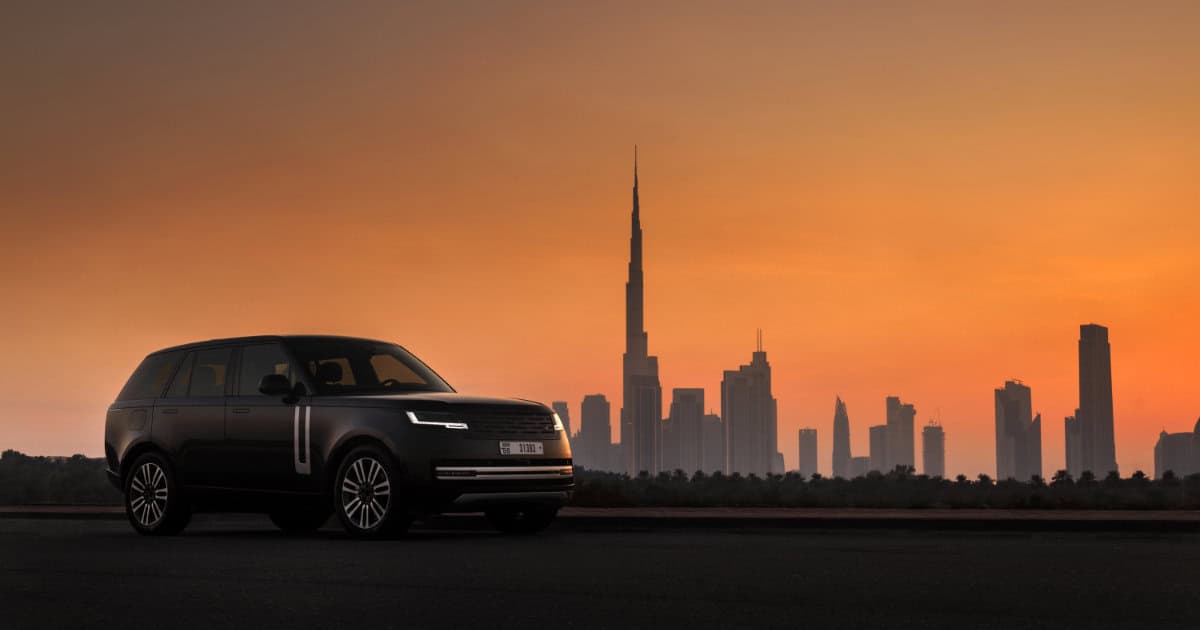
The journey to market isn’t without its challenges. Battery life, charging infrastructure, and the overall cost of ownership will continue to be critical considerations. While Range Rover has addressed many of these through its testing and technology, the real-world application will determine the vehicle’s success. Additionally, the transition to electric must balance the brand’s heritage with new technology, ensuring that the essence of what makes a Range Rover a Range Rover remains intact.
The Bottom Line
The Range Rover Electric stands at the precipice of a new era for luxury vehicles. With its extensive testing and innovation, it promises not just to compete but to lead in the electric vehicle space. As we watch this unfold, one thing is clear … the future of luxury is not just electric, it’s silently powerful, luxury redefined.
Frequently Asked Questions About The Range Rover Electric
The Range Rover Electric is unique due to its rigorous testing in extreme conditions, ensuring unmatched performance and luxury. It combines traditional Range Rover traits like off-road capability with modern electric vehicle technology, including superior thermal management and an Intelligent Torque Management system, setting a new benchmark in the luxury EV market.
Key challenges include ensuring battery longevity and efficiency in real-world use, expanding the charging infrastructure to match luxury expectations, and managing the cost of ownership. Additionally, maintaining the brand’s luxury appeal while integrating electric technology will be crucial for acceptance among traditional Range Rover buyers.
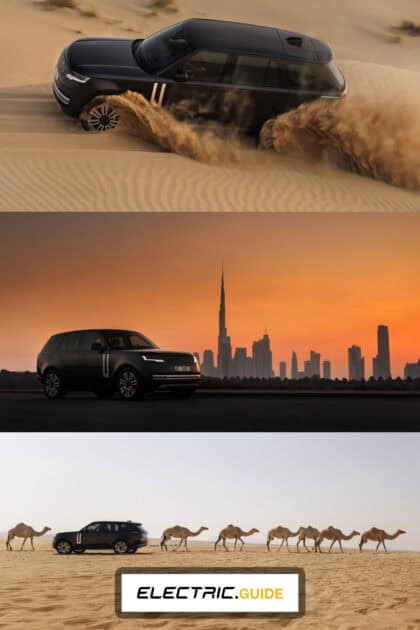
Source
Range Rover: Website
